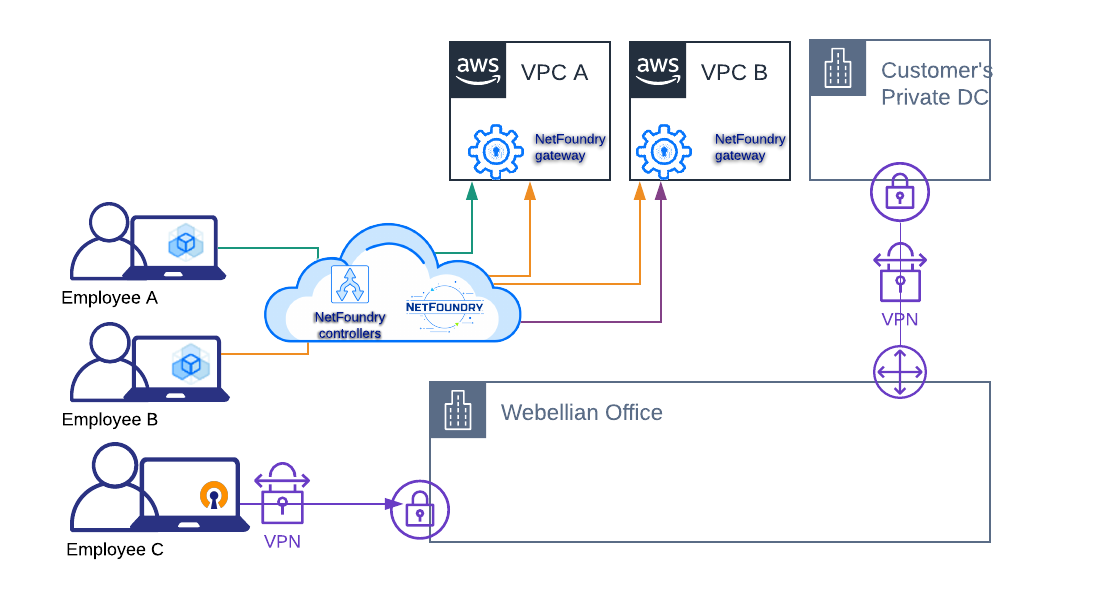
Embracing Sustainability Through Zero-Waste Home Practices
In a world where environmental consciousness is gaining momentum, zero-waste home practices have emerged as a powerful way for individuals to contribute to a more sustainable future. These practices go beyond just recycling and encourage a holistic approach to reduce waste at the source.
The Concept of Zero-Waste Living:
Zero-waste living is a philosophy that aims to minimize the amount of waste sent to landfills by adopting mindful consumption habits. It involves a commitment to reevaluate daily choices, reduce single-use items, and recycle or compost as much as possible. The goal is to send little to no waste to the landfill, promoting a circular economy.
Mindful Consumption Habits:
At the core of zero-waste home practices is the idea of mindful consumption. This involves being conscious of the products we buy, opting for items with minimal packaging, and choosing products that are designed to be reused or recycled. By making intentional choices, individuals can significantly reduce the amount of waste generated in their households.
Reducing Single-Use Items:
One of the key components of zero-waste living is minimizing the use of single-use items. This includes items like plastic bags, disposable utensils, and water bottles. Instead, individuals can opt for reusable alternatives, such as cloth bags, stainless steel utensils, and refillable water bottles. These simple switches can have a substantial impact on reducing daily waste.
Composting and Recycling:
Composting organic waste and recycling materials are essential aspects of zero-waste home practices. Setting up a composting system for kitchen scraps and yard waste helps divert organic matter from landfills. Additionally, understanding local recycling guidelines and actively recycling materials like paper, glass, and plastic contributes to a more circular and sustainable waste management system.
DIY and Upcycling Projects:
Engaging in do-it-yourself (DIY) projects and upcycling can be rewarding aspects of zero-waste living. Repurposing old items, such as turning jars into storage containers or creating art from discarded materials, not only reduces waste but also fosters creativity. Embracing a more hands-on approach to daily needs can lead to a deeper connection with the items we use.
Eco-Friendly Product Choices:
Choosing eco-friendly and sustainable products is a significant step towards zero-waste living. From household cleaning products to personal care items, there are now numerous alternatives that prioritize environmentally friendly packaging and production processes. Making informed choices about the products we bring into our homes aligns with the principles of zero-waste living.
Zero-Waste Home Practices at BusinessInc:
At BusinessInc, we are committed to sustainability, including zero-waste practices. Our offices incorporate recycling programs, encourage the use of reusable items, and prioritize eco-friendly alternatives. To learn more about our dedication to sustainability, visit our Zero-Waste Home Practices page.
Educating and Inspiring Others:
Beyond personal practices, individuals committed to zero-waste living often become advocates within their communities. Sharing knowledge about sustainable choices, organizing workshops on composting, and leading by example can inspire others to adopt similar practices. The ripple effect of collective action contributes to a broader positive impact on the environment.
Challenges and Overcoming Obstacles:
While the concept of zero-waste living is inspiring, it comes with its challenges. Overcoming societal norms, adjusting to new habits, and finding sustainable alternatives can be daunting. However, with support from a growing community of like-minded individuals and resources available, many find the transition to zero-waste living to be a fulfilling journey.
A Sustainable Future Through Zero-Waste Living:
Zero-waste home practices offer a practical and impactful way for individuals to contribute to a sustainable future. By embracing mindful consumption, reducing single-use items, composting, and recycling, we can collectively reduce our ecological footprint. Whether through small changes or comprehensive lifestyle shifts, each step towards zero-waste living brings us closer to a more environmentally conscious and harmonious world.



